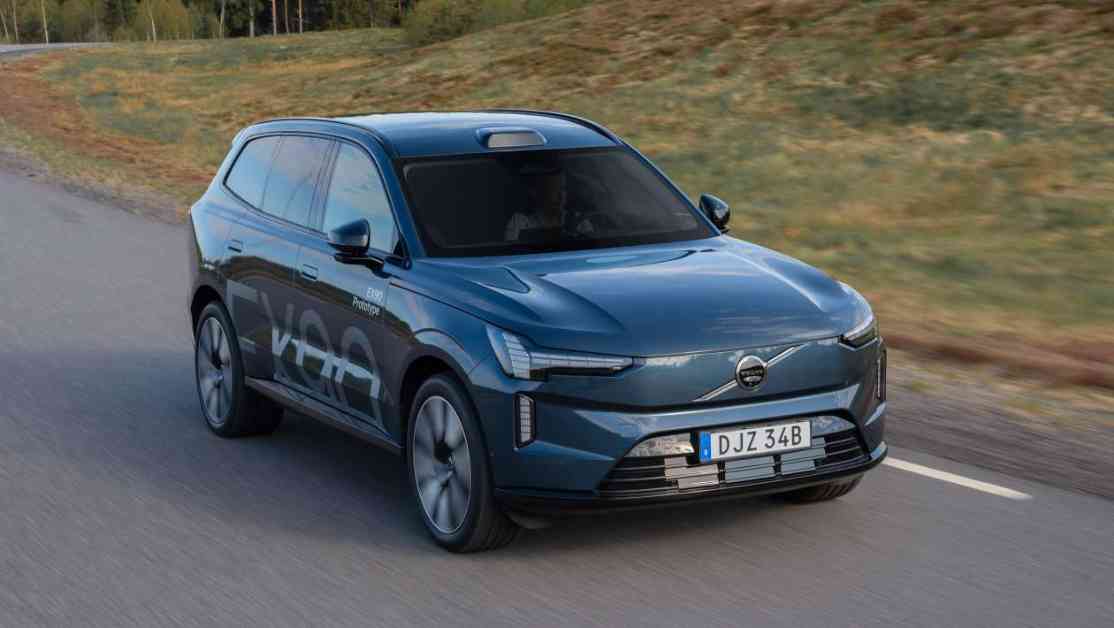Battery passports are set to become a legal requirement for all electric vehicles by 2027, offering buyers a detailed breakdown of the environmental impact of manufacturing the car. The Volvo EX90 will be the first electric car to feature a battery passport, providing insight into the environmental impact of producing the car’s battery, the materials used, and the recyclability of the car.
These battery passports will be mandatory for electric cars sold in the EU from 2027, including in the UK. Owners will have access to information about the materials used in the manufacturing process, the car’s carbon footprint, and the recyclability of the battery pack. This initiative is in line with the EU’s circular economy vision, aiming to recycle materials used in consumer products by the end of their lifecycle.
Volvo collaborated with UK tech startup Circulor to create the first battery passport. The passport will offer real-time information on the battery’s health and capacity for up to 15 years, similar to the battery health status displayed on smartphones. This transparency aims to address consumer concerns about raw material sourcing in EV batteries and promote the global adoption of electric vehicles.
The Volvo EX90, unveiled in November 2022, has recently started production in Charleston, South Carolina. Besides the battery passport, the EX90 features sustainability elements such as a leather-free interior, recycled trim, and bi-directional charging capabilities. Volvo plans to expand the battery passport initiative to the rest of its lineup in the future.
By providing consumers with detailed information about the environmental impact of electric cars, battery passports aim to increase transparency and promote sustainability in the automotive industry. As the demand for electric vehicles continues to grow, initiatives like battery passports play a crucial role in addressing environmental concerns and accelerating the shift towards more sustainable transportation options.









